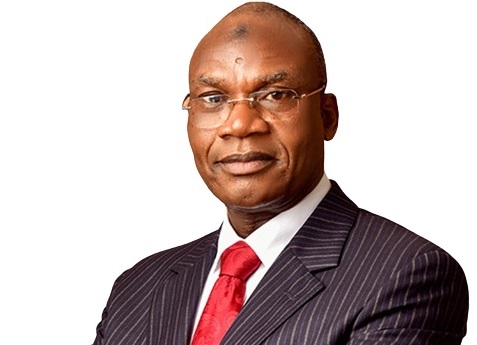Education Minister Tahir Mamman has announced a new age policy for secondary school leaving examinations, setting the minimum age at 18.
This policy, discussed on Channels Television’s “Sunday Politics,” means that underage candidates will no longer be permitted to sit for the West African Senior School Certificate Examination (WASSCE) and the Senior School Certificate Examination (SSCE), both critical for advancing to tertiary education.
The directive impacts the West African Examinations Council (WAEC), which administers the WASSCE, and the National Examinations Council (NECO), responsible for the SSCE. Minister Mamman also confirmed that the age requirement for the Unified Tertiary Matriculation Examination (UTME), overseen by the Joint Admissions and Matriculation Board (JAMB), will be set at 18.
He stated: “It is 18 (years). What we did at the meeting that we had with JAMB (in July) was to allow this year and for it to serve as a kind of notice for parents that this year, JAMB will admit students who are below that age but from next year, JAMB is going to insist that anybody applying to go to university in Nigeria meets the required age which is 18.
“For the avoidance of doubt, this is not a new policy; this is a policy that has been there for a long time. Even basically if you compute the number of years pupils, and learners are supposed to be in school, the number you will end up with is 17 and a half – from early child care to primary school to junior secondary school and then senior secondary school. You will end up with 17 and a half by the time they are ready for admission.
“So, we are not coming up with new policy contrary to what some people are saying; we are just simply reminding people of what is existing. In any case, NECO and WAEC, henceforth will not be allowing underage children to write their examinations. In other words, if somebody has not spent the requisite number of years in that particular level of study, WAEC and NECO will not allow them to write the examination.”
Minister Mamman further explained the expected duration of each educational stage. According to him, early childhood care is to last for the first five years, primary education begins at age six and lasts for six years, junior secondary school starts at age 12 and spans three years, and senior secondary school commences at age 15 and continues for three years, leading to university entry at age 18.



